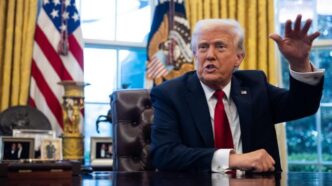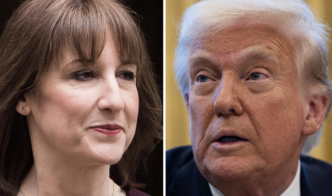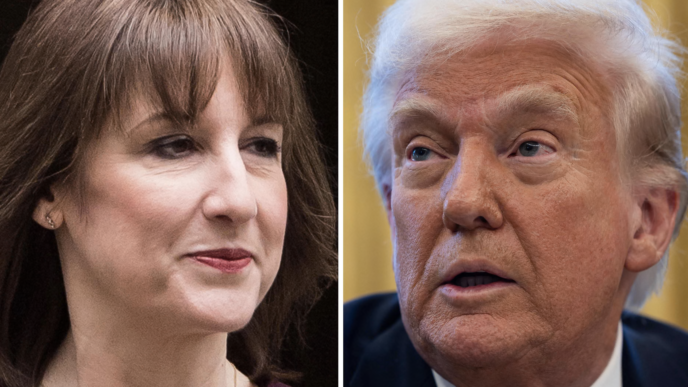Tensions flared between France and the United States after the Trump administration requested that French companies holding U.S. government contracts comply with an executive order banning Diversity, Equity, and Inclusion (DEI) programs. France’s trade ministry swiftly condemned what it deemed an “unacceptable” interference in French business practices.
The controversy erupted when the U.S. embassy in Paris sent letters to several French companies currently engaged with the U.S. or seeking future contracts, urging them to complete a questionnaire certifying they do not implement DEI programs. The letter, which was shared with the media, emphasized that such initiatives violated federal anti-discrimination laws in the U.S., a stance enshrined in Executive Order 14173, signed by Donald Trump in 2021.
“Executive Order 14173, Ending Illegal Discrimination and Restoring Merit-based Opportunities, applies to all suppliers and service providers of the U.S. Government, regardless of their nationality and the country in which they operate,” the letter stated, demanding companies sign and return the document within five days or provide reasons for their refusal.
In response, France’s Ministry of Foreign Trade swiftly rejected the demand, framing it as an unacceptable form of U.S. interference in its internal policies. “US interference in French companies’ inclusion policies is unacceptable, just like its unjustified tariff threats,” the ministry said, adding that France and Europe would stand firm in defending their corporate and cultural values.
The move is part of an ongoing dispute between the two nations, particularly as the U.S. targets global policies in an effort to curb the implementation of DEI initiatives, which aim to address systemic inequalities for marginalized groups such as women and ethnic minorities. Trump and his supporters have strongly criticized these programs, arguing they prioritize diversity over merit and undermine fair opportunity.
The letter, which was not officially marked with the U.S. embassy’s letterhead, further intensified the disagreement. Experts, including Christopher Mesnooh, an American business lawyer in Paris, suggested the letter may not hold significant legal weight, noting that U.S. law cannot compel French companies to comply with its policies.
“French companies won’t be required to adhere to U.S. labor laws or federal affirmative action rules,” Mesnooh explained. In fact, many affirmative action policies conflict with French law, which prohibits discrimination based on ethnicity, origin, or religion.
Nevertheless, some French business leaders are concerned about the potential fallout. The head of the French business group CPME, Amir Reza-Tofighi, decried the letter as an “attack on the sovereignty” of France. He urged national leaders to unite and oppose what he described as undue foreign influence.
The controversy highlights the ongoing friction between the U.S. and Europe, particularly as policies around diversity and inclusion remain a divisive issue in the global business landscape. While some European companies seek to diversify their workforces, U.S. demands are putting them in a difficult position, where compliance with U.S. regulations could contradict domestic laws.
As the diplomatic standoff continues, the question remains whether France will buckle under pressure or stand firm in defending its values and sovereignty.
















